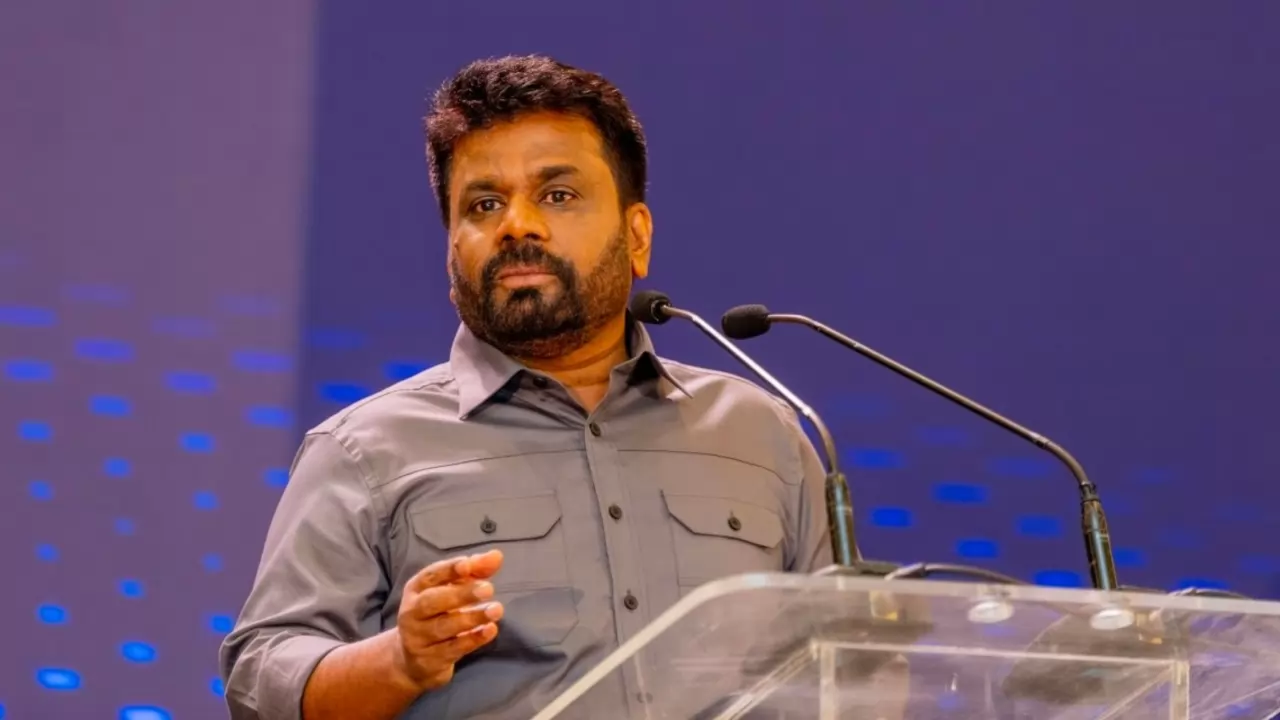
Anura Kumara Dissanayake (File Image)
New Delhi: Marxist leader Anura Kumara Dissanayake was officially declared the winner of Sri Lanka’s presidential election on Sunday by the country's Election Commission, following an unprecedented second round of vote counting. Dissanayake, the 56-year-old leader of the National People’s Power (NPP) coalition, which includes the Marxist Janatha Vimukthi Peramuna (JVP), triumphed over his closest rival, Sajith Premadasa of the Samagi Jana Balawegaya (SJB). Incumbent President Ranil Wickremesinghe was knocked out in the first round, as he failed to secure a spot in the top two.
The election marked a historic first for Sri Lanka, as it required a second round of vote counting after no candidate achieved the 50 per cent majority needed in the initial round—an outcome never before seen in the country’s electoral history. Dissanayake won 42.3 per cent of the vote, a substantial increase from the 3 per cent he garnered in the 2019 election. Premadasa, who led the first round with 32.8 per cent, fell short in the runoff. Dissanayake is set to be sworn in as Sri Lanka’s 9th president on Monday, September 23.
Anura Kumara Dissanayake, born on November 24, 1968, in Thambuththegama, comes from a modest background. His father worked as a laborer, and his mother was a housewife. Dissanayake was the first student from his college to secure university admission. He initially enrolled at the University of Peradeniya but had to transfer to the University of Kelaniya due to security concerns during the JVP’s 1987-1989 insurrection. He graduated with a degree in physical science in 1995.
Dissanayake joined the JVP during his school years, eventually rising through the party ranks to become a member of its Central Working Committee and Politburo. In 2004, he briefly served as a cabinet minister under President Chandrika Kumaratunga, managing agriculture, livestock, and irrigation, but resigned a year later in protest of a government agreement with the LTTE. He succeeded Somawansa Amarasinghe as JVP leader in 2014 and ran for president in 2019, finishing third.





Copyright © 2025 Top Indian News
